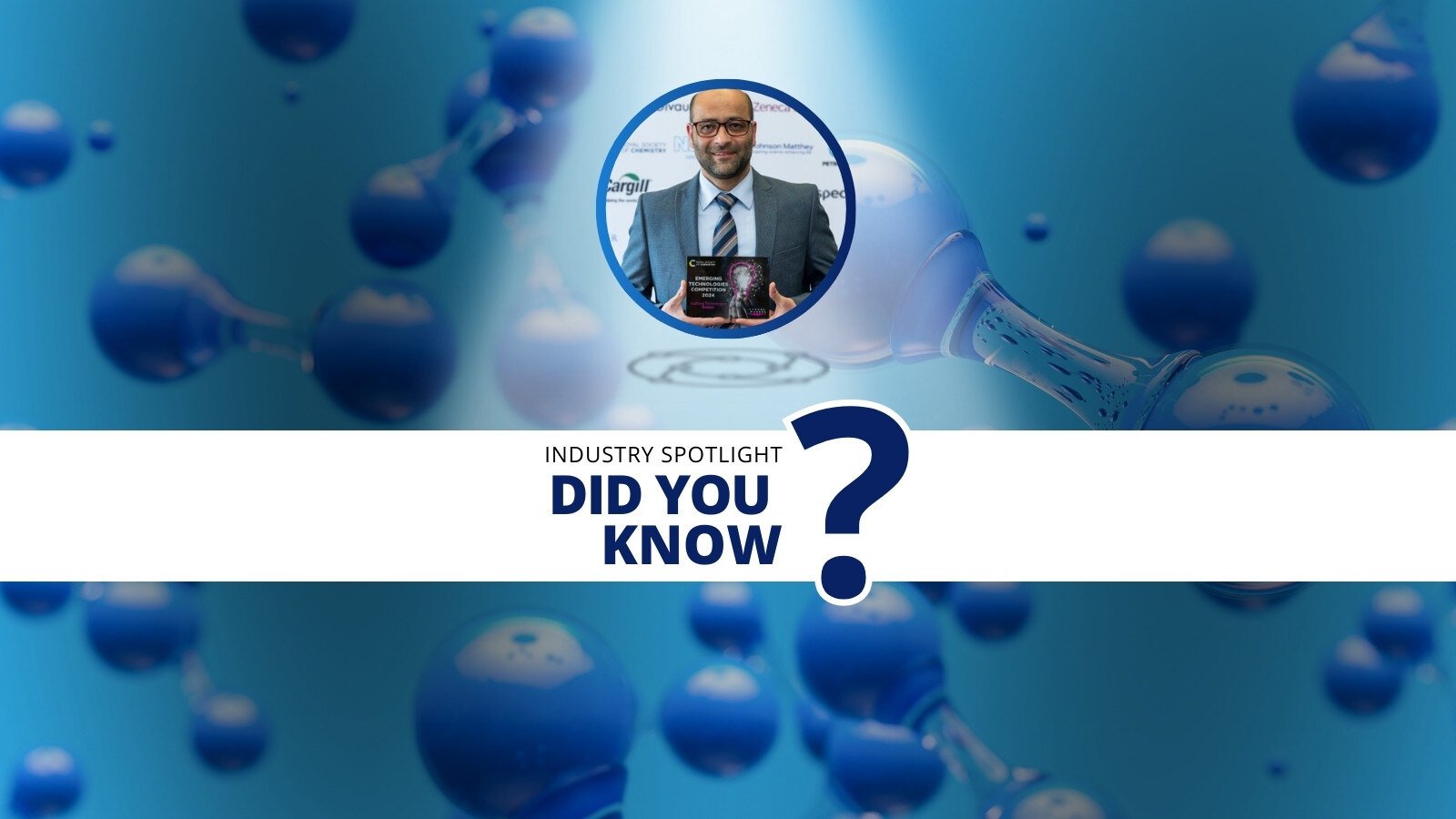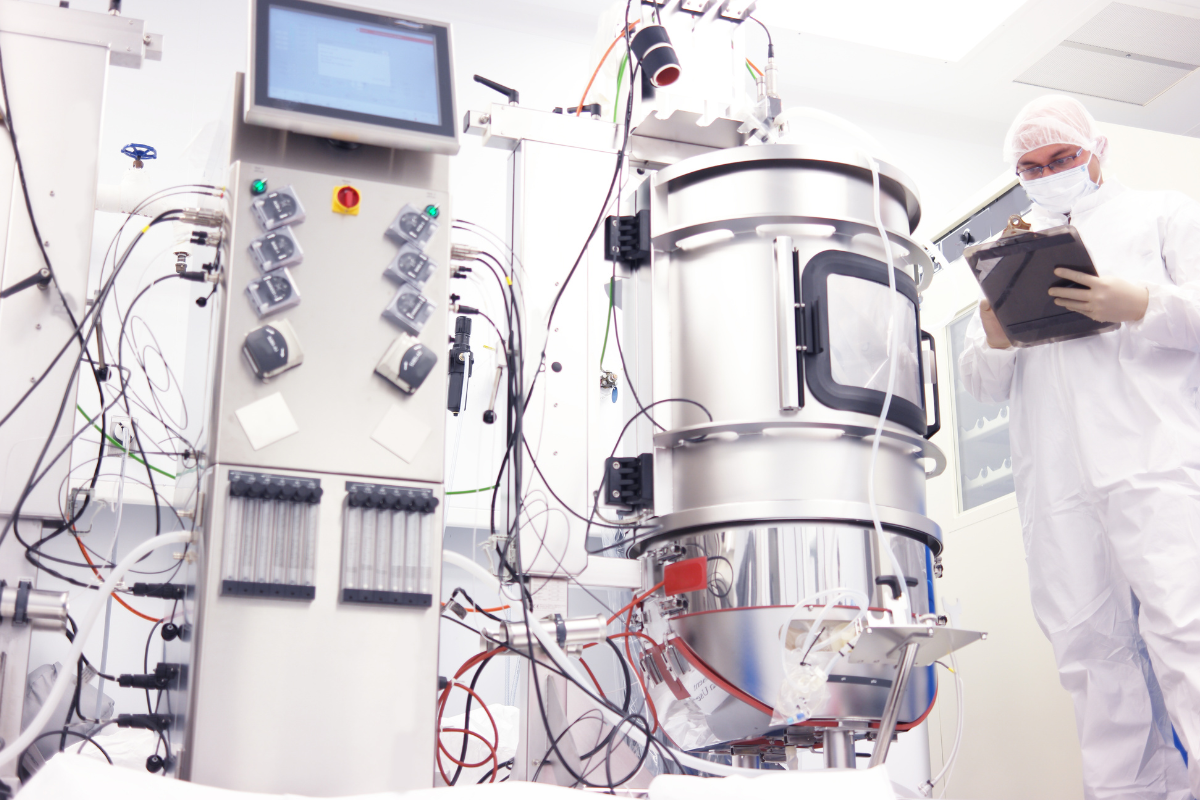RSC 'Emerging Technologies' Award Goes to Solid Phase Peptide Synthesis Group

At the Royal Society of Chemistry's (RSC) Emerging Technologies Competition 2024, the prize for the 'Enabling Technologies' category was awarded to Orthogonal Peptides, a spin out group from Imperial College London.
2024's Emerging Technologies Competition looks to recognise prominent companies which innovate chemistry in the interest of societal, environmental, and economic advancement. Orthogonal Peptides spun out of Imperial College London with their novel peptide synthesis technology.
This technology is a form of solid phase peptide synthesis which can synthesise multiple peptide fragments on a single bead, this contrasts with the traditional method which is only able to synthesise one fragment per bead.
The team is led by Othman Al Musaimi, an Honorary Research Fellow at Imperial and Lecturer in Medicinal Chemistry at Newcastle University.
Al Musaimi said: “It's a very nice recognition from a prestigious institution like the Royal Society of Chemistry. It's actually kind of a push and we feel that we are doing really well, so we are very happy with this kind of recognition.”
Orthogonal Peptides' technology is able to reduce the waste produced from peptide synthesis and speed up manufacturing. In turn, this advancement has the potential to ramp up the productivity of peptide analogues and the synthesis of novel peptides for new indications and delivery methods.
Of particular interest is increasing the availability of oral peptide therapies. Al Musaimi stated: "Every year, we review the approvals of drugs. We don't see a lot of orally available peptides. However, we know it's the preferred route for patients, even from a regulatory point of view in terms of stability. So our mission is to contribute effectively to deploying more orally available peptides."
For their efforts, the team won a share of the £100,000 prize pot. The finalists for the competition were judged based on three criteria: The problem that their technology is addressing; the market opportunities and potential impact of their technology; and their planned approach to commercialisation.
Orthogonal Peptides leads a consortium of industry leaders with the Centre for Process Innovation (CPI), which includes companies like AstraZeneca, Novo Nordisk, and Almac. Together, they were able to raise £2 million via the non-departmental public body Innovate UK. Now, the Orthogonal Peptides are seeking a £6 million seed investment to launch their novel peptide therapeutics pipeline.
"Orthogonal Peptides, an emerging spinout company from Imperial, is very excited to have our revolutionary new technology for peptide synthesis that Othman created, acknowledged by the RSC with this prestigious award," said Daryl Williams, co-lead, Department of Chemical Engineering
Other winners in the competition included:
In the Environment category: ThioTech, for sustainable sulfur containing technologies for capturing toxic metal compounds. In the Health category, Ignota Labs, for SAFEPATH: Causal A1-driven mechanistic understanding of drug safety failures. In the Energy category: The University of Cambridge's H2Upgrade, for hydrogen production from industrial waste gases and solvents.Related Resources








